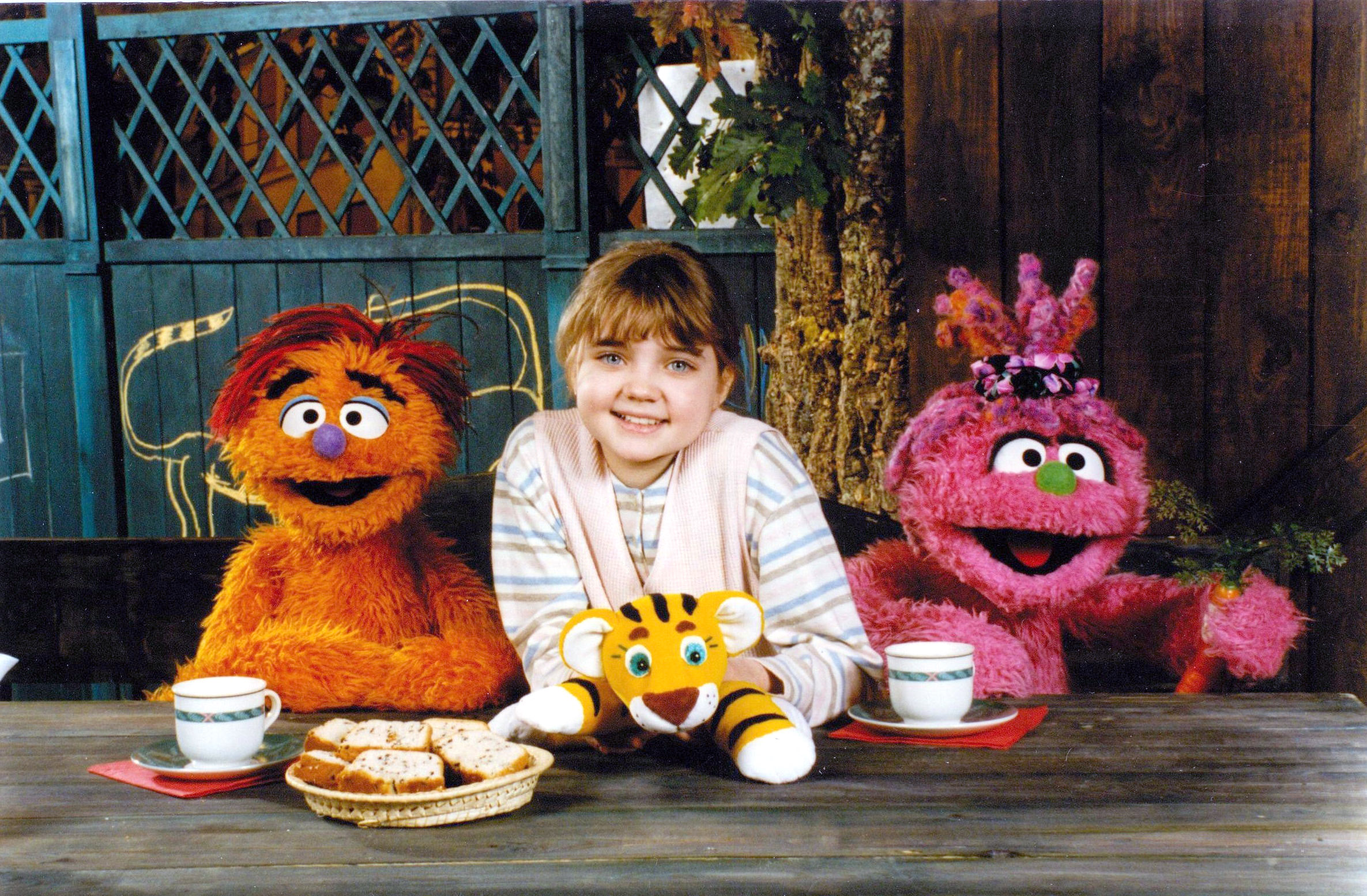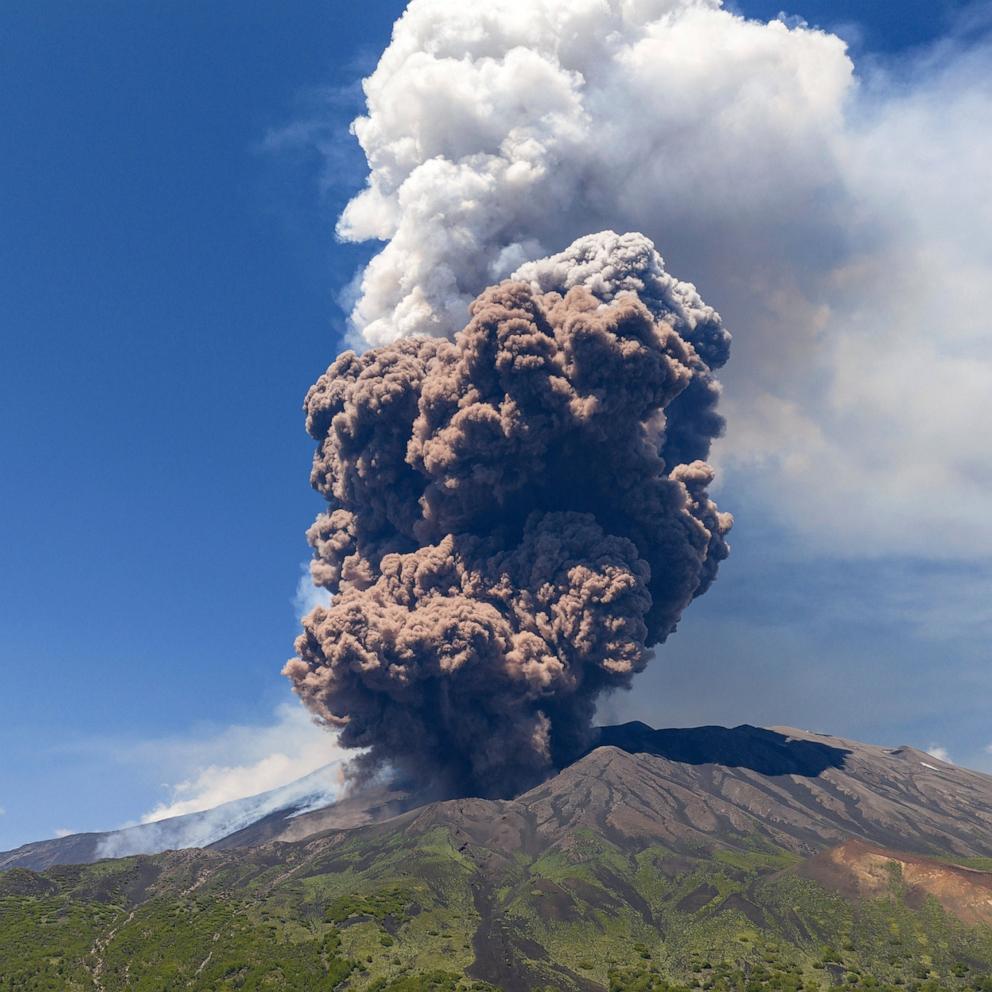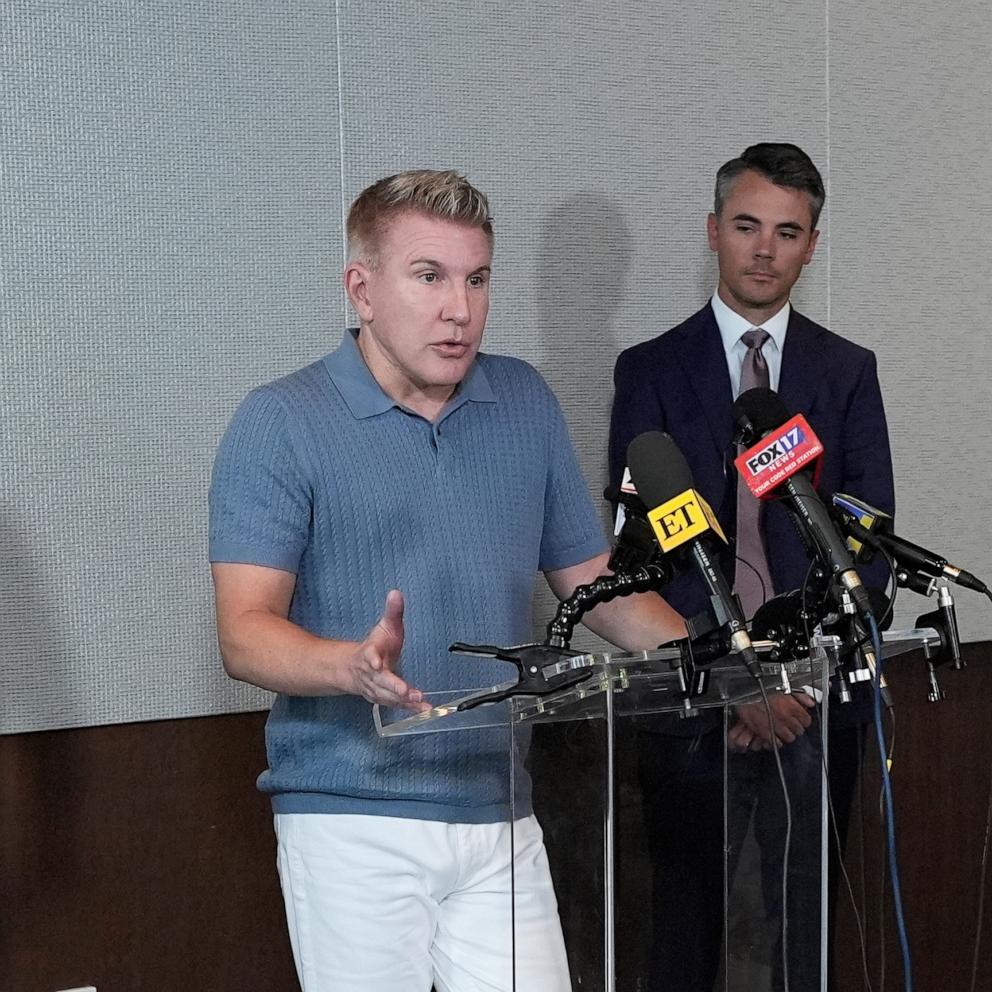Muppets in Moscow: The true story of making 'Sesame Street' in Russia
When the Soviet Union dissolved in 1991, producers, artists, writers and other creative people became involved in creating culture for what they imagined would be a new, more open society.
Natasha Lance Rogoff, a journalist and filmmaker living in Russia at the time, author of the new book "Muppets in Moscow: The Unexpected Crazy True Story of Making Sesame Street in Russia" was one of these people.
"This was an exciting time. There was so much hope," Rogoff told ABC News Live anchor Linsey Davis.
Rogoff said she was approached by the executives of "Sesame Street" about making an international co-production of the show in Russia.
It was a remarkable and ambitious project, she said, adding that "the idea was that the Muppets would be the best ambassadors to bring idealistic values to post-communist Russia."
"Sesame Street," which launched in the U.S. in 1969, has had international spin-offs from the start, with early co-productions in Brazil, Mexico, Canada and Germany. There are currently more than 30 international co-productions of the show, and “each show in every different country reflects the culture and values of that society,” according to Rogoff.

Russia, which had been part of the Soviet Union and ruled under the political ideology of Communism for nearly seven decades, began to loosen the state's control over all aspects of society in 1991.
"I thought that Sesame Street could really help in terms of modeling different values and skills that children would need to thrive in a new, open society," said Rogoff.
The Russian co-production of "Sesame Street," translated as "Ulitsa Sezam," first aired in 1996.
The characters of "Sesame Street" were adapted to a Russian audience so Big Bird, for example, was modeled after the character of Domovoy in Russian folklore.
But certain ideas and themes did not always translate. Rogoff recounted the story of how she suggested a storyline for the show that featured a lemonade stand, which she suggested could teach children counting and team-building skills.
It was met with "complete horror," she said, with Russian educators, who were consultants for the show, telling the team it would be "shameful to show children selling things on the street."
"Under communism," she explained, "the people who would be illegally selling items on the street for profit under communism would be criminals and the mafia."
Moments like this illustrate how sensitive the situation was at times.

"It was a very intense period," Rogoff said, "not only in Russia, but for us, for our team, trying to be sensitive to help, you know, as much as we could create a show that reflected their society, but also would promote values which would help them move a transition towards an open society.”
"Ulitsa Sezam” last aired in Russia and other nations of the former Soviet bloc in 2010, reportedly because it lost the support of the Putin regime.
Rogoff said the war in Ukraine has an additional layer of meaning for her because she experienced the modern-day nation of Russia in its infancy, witnessing the culture shift from the 1980s to the 1990s.
"I watched the Soviet Union collapse," she said. "That changed in my lifetime."
Rogoff suggested that her work on the "Ulitsa Sezam" had, and continues to have, an impact on Russian society.
"The 20-year-olds, late twenties, and the 30-year-olds who are now marching out of Russia because they don't want to fight," said Rogoff, "that is the Sesame Street generation."
"And on the Ukrainian side, same thing," she added. "That's the 20-year-olds, the same age cohort that are defending their freedom and independence that they got and built during the period of creating 'Ulitsa Sezam.' Those adults now also grew up on the show."




